 |
| Dr. Nguyen Van Dang said that the 6th Session of the 15th National Assembly is an important political event with many meanings. (Photo: NVCC) |
Firstly, this is a mid-term session, so the National Assembly will review mid-term reports in relation to the implementation of plans and goals for the entire term.
Second, the workload at this session is huge as the National Assembly will give opinions on 8 draft laws; is expected to pass 9 draft laws; and at the same time consider and decide on many socio- economic issues.
Third, the National Assembly will conduct a vote of confidence on positions elected or approved by the National Assembly. Therefore, the upcoming 6th session will not only bring the usual expectations, but some contents may receive special attention from voters.
Many expectations
In recent years, with efforts to innovate operations, the sessions of the National Assembly, the highest State power agency in our country, have increasingly attracted the attention of voters and public opinion.
The level of interest from the people and businesses will be higher in the upcoming mid-term session because the review and assessment of what happened in the first half of the term may lead to policy adjustments, significantly affecting the ability to implement the goals set by the National Assembly at the beginning of the 15th term.
With the legislative function, the first expectation is obviously the number of 17 draft laws that will be discussed and possibly passed by the National Assembly. New laws that are issued, or existing laws that are amended, will affect people's lives and business operations in many aspects.
More importantly, the addition and improvement of the legal system will always be an important issue, expected by many voters. Because an increasingly complete legal system will strengthen the institutional conditions for national governance activities in the coming years.
The second expectation is that the National Assembly will thoroughly consider and evaluate the pressing policy issues that are affecting the lives of many different social groups. The Covid-19 pandemic spreading globally, including in our country, has become the most crucial contextual factor, not only having a strong impact on people's lives, business operations and the public apparatus in the first half of the term, but also the ability to implement the goals set by the National Assembly for the entire term. Therefore, people and businesses will naturally expect policy adjustment decisions to further accelerate economic growth and stabilize life.
Third expectation is about the quality of the question and answer sessions at the National Assembly forum. For many years now, the question and answer sessions of National Assembly deputies with Government members have been a bright spot in the country's political life. Through the question and answer sessions, National Assembly deputies not only perform their supervisory function, Government members perform their accountability, but more importantly, voters will learn more about the current state of the country, emerging issues and solutions.
Thus, the quality of questioning and answering questions will greatly affect voters' trust in the system of public agencies, the Government's ability to operate, as well as the ability to solve socio-economic problems in the coming time.
The fourth expectation from voters is the Report of the National Assembly Standing Committee on the results of monitoring the settlement of voters' petitions sent to the 5th session, as well as the Report synthesizing opinions and petitions of voters and people conducted by the Central Committee of the Vietnam Fatherland Front, sent to the 6th session of the 15th National Assembly. Many voters will expect that their opinions and petitions will be taken into account, considered, decided, or proposed for resolution by National Assembly deputies in the coming time.
Concerns
In addition to diverse expectations, three specific contents will likely receive special attention from voters and people, namely: the draft Land Law (amended), the draft Real Estate Business Law (amended) and the vote of confidence for 44 positions. If amending the law can affect socio-economic life, then this vote of confidence with new regulations can have a certain impact on domestic political life in the coming time.
The draft Land Law (amended) will certainly be the top concern of voters nationwide. After 10 years of implementation, the 2013 Land Law has revealed many shortcomings, creating barriers that not only prevent land resources from being properly exploited, but also lead to many serious consequences. Most notably are land speculation, waste in land use, as well as social conflicts and prolonged complaints related to land.
Therefore, one of the most important points of concern in this revised land law is the new method of calculating land prices when the State implements land acquisition and compensation policies. Voters expect that the new price framework and calculation method issued by the State will help the compensated land price to approach the transaction price on the market.
The second concern is the Law on Real Estate Business (amended). Recent professional discussions show that businesses are particularly interested in a number of issues related to transaction processes, transaction contracts, and regulations on real estate transfer. More specifically, these are regulations on real estate transactions having to go through real estate floors, requirements for notarization and certification of real estate transaction contracts, or overlaps and duplications with the Land Law. The real estate market plays a particularly important role in the economy, especially in developing countries like Vietnam.
Therefore, to have an increasingly mature real estate market and promote business activities, the legal system must ensure equality among businesses, protect property rights, and minimize administrative intervention by state agencies.
The third concern is the vote of confidence for 44 positions elected or approved by the National Assembly. Although this is the fourth time the National Assembly has conducted a vote of confidence, this time it will likely attract more public attention because the results of the vote of confidence are not only used for reference in personnel work as before. Instead, those with more than half to less than two-thirds of the total votes rated as “low confidence” may have to resign or be voted off at the next session. Those with more than two-thirds of the total votes rated as “low confidence” will be dismissed.
It is obvious that the vote of confidence at this session will be extremely sensitive, possibly affecting the ability of 44 individuals holding positions elected or approved by the National Assembly to continue in office or to leave their positions. For this reason, the XV National Assembly deputies are under pressure to be impartial, objective, and responsible to voters nationwide. Regardless of the outcome, this vote of confidence will certainly be discussed and analyzed by many voters.
Source



![[Photo] Cutting hills to make way for people to travel on route 14E that suffered landslides](https://vphoto.vietnam.vn/thumb/1200x675/vietnam/resource/IMAGE/2025/11/08/1762599969318_ndo_br_thiet-ke-chua-co-ten-2025-11-08t154639923-png.webp)




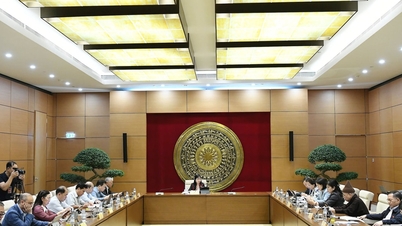



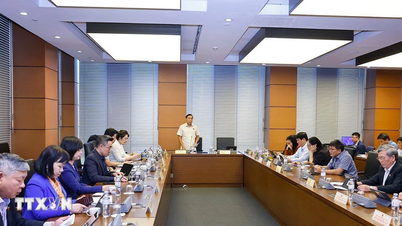

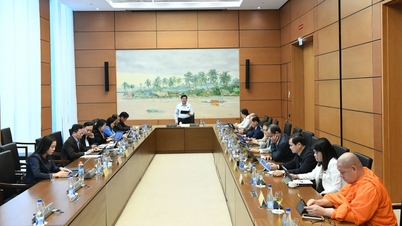
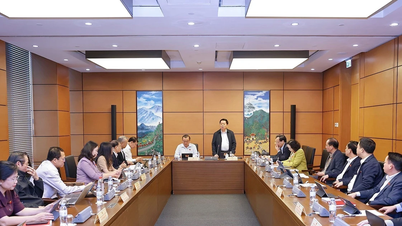
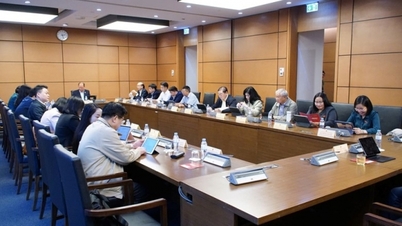















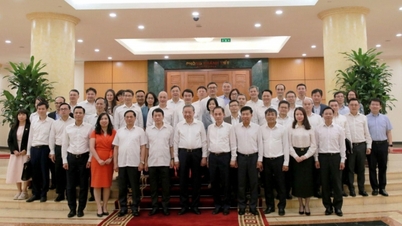


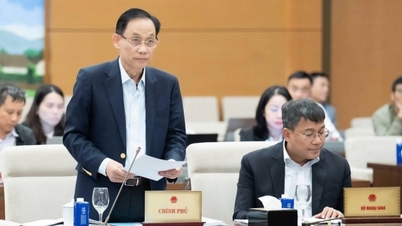
![[Photo] "Ship graveyard" on Xuan Dai Bay](https://vphoto.vietnam.vn/thumb/1200x675/vietnam/resource/IMAGE/2025/11/08/1762577162805_ndo_br_tb5-jpg.webp)





![[Video] Hue Monuments reopen to welcome visitors](https://vphoto.vietnam.vn/thumb/402x226/vietnam/resource/IMAGE/2025/11/05/1762301089171_dung01-05-43-09still013-jpg.webp)






























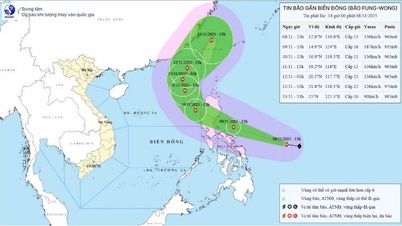






















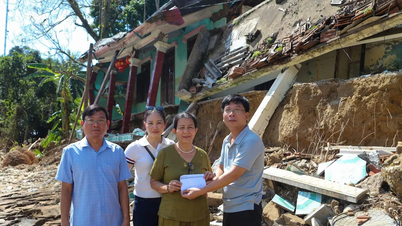















Comment (0)